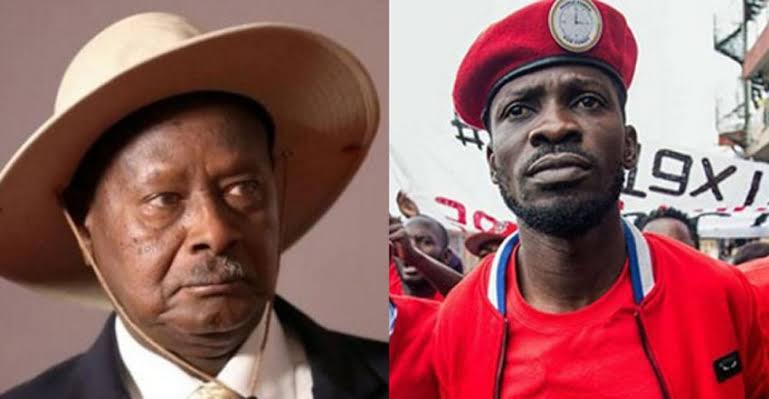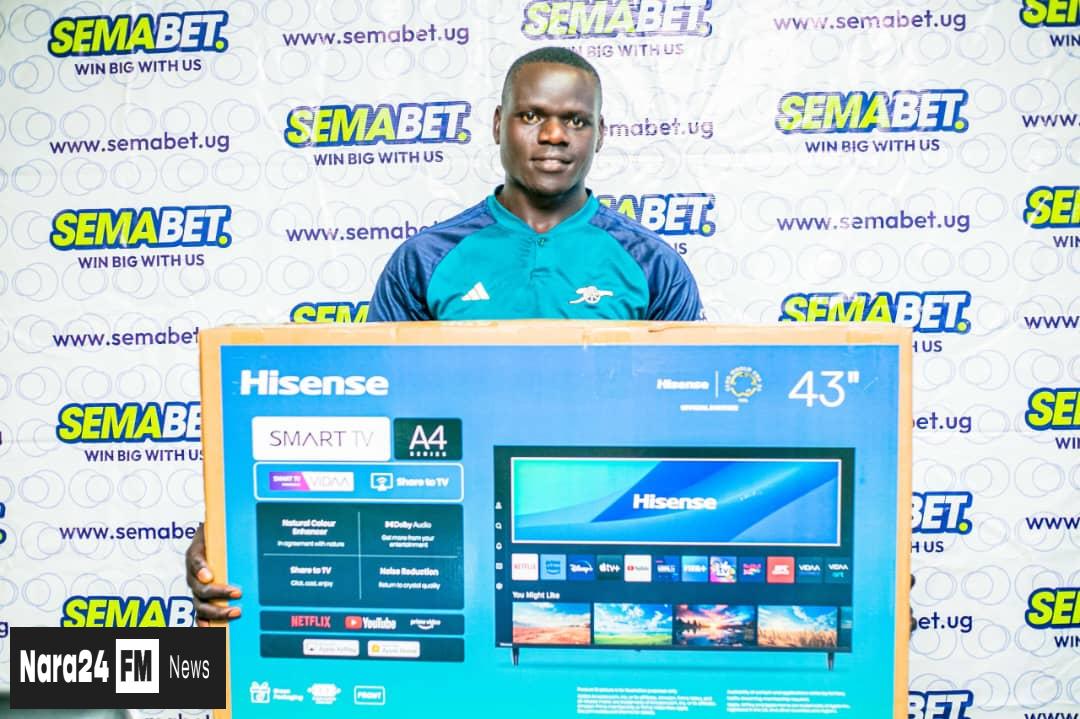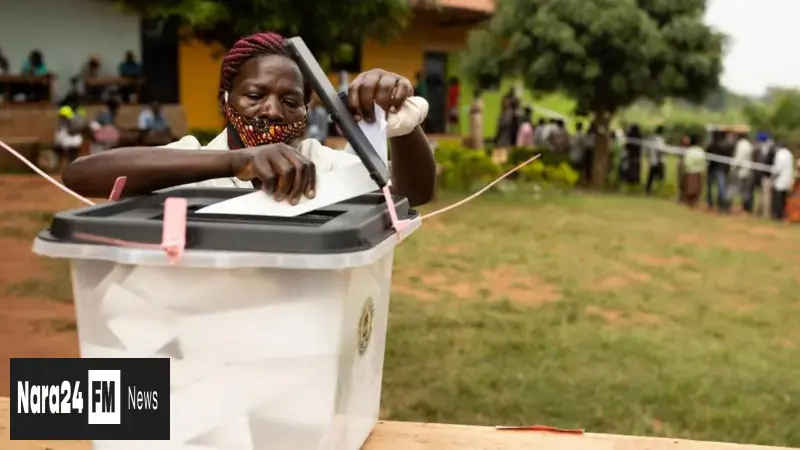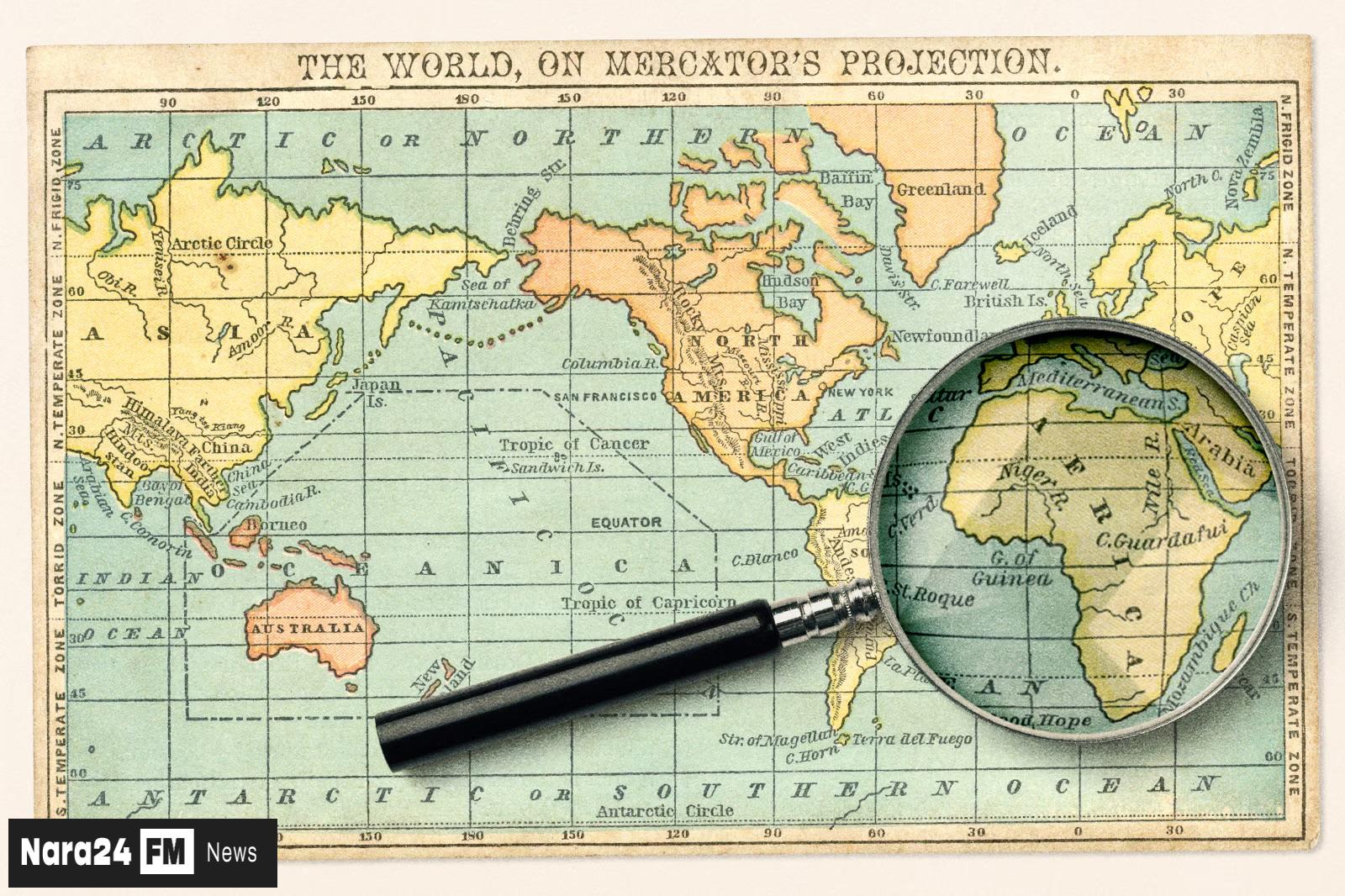Uganda's political landscape is coalescing around the highly anticipated 2026 general elections, promising a significant contest as long-serving President Yoweri Kaguta Museveni faces a diverse and increasingly vocal field of challengers. With the electoral commission expected to formally open nominations later next year, potential candidates are already positioning themselves, laying the groundwork for what many analysts predict could be one of the most watched polls in Uganda's recent history.
The Incumbent: Aiming for a Sixth Elected Term
At the centre of the race stands President Yoweri Kaguta Museveni, who has led Uganda since 1986 and will once again represent the National Resistance Movement (NRM). Museveni, Africa's second-longest serving head of state, is widely expected to secure his party's nomination with ease. His campaign will likely focus on stability, infrastructure development achieved during his tenure, and national security. However, he faces growing criticism over issues like governance, human rights, economic challenges for the youth, and the question of political succession after nearly four decades in power. "The President remains the dominant force," noted one Kampala-based political analyst, "but the sheer number and varied nature of the challengers reflect a desire for change among significant sections of the electorate."
The Established Opposition Contenders
The most prominent challenger remains Robert Kyagulanyi Ssentamu, universally known as Bobi Wine. Leader of the National Unity Platform (NUP), Wine emerged as the main opposition figure in the contentious 2021 elections. His platform, resonating strongly with Uganda's vast youth population, champions democratic reforms, social justice, and economic empowerment, positioning him once again as the focal point for anti-Museveni sentiment.
The Forum for Democratic Change (FDC), once the leading opposition force, presents a complex picture with two declared aspirants emerging from its internal factions. Nandala Mafabi, the party's long-serving Secretary-General and Leader of Opposition in Parliament from 2011-2016, brings significant experience. He faces competition from within the party from Patrick Oboi Amuriat, the current FDC President. Their parallel ambitions highlight the ongoing divisions within the party.
Traditional parties are also staking their claims. Jimmy Akena leads the Uganda People's Congress (UPC), a party with deep historical roots but diminished national influence in recent decades. Akena is expected to leverage the UPC brand and his lineage (son of former President Milton Obote) to rally support. Norbert Mao, President of the Democratic Party (DP) and currently serving as Minister for Justice and Constitutional Affairs in a cooperation agreement with the NRM government, has also declared his intention to run. His participation adds another established political figure to the mix, though his current role in government presents a unique dynamic.
The Independent Wave and Smaller Parties
A notable feature of the 2026 buildup is the surge in declared independent candidates, reflecting perhaps frustration with mainstream parties or a belief in alternative paths to power. Among them are:
- Mathias Mpuuga: Former Leader of the Opposition in Parliament (NUP) and current MP, recently ousted from the NUP leadership, running under the newly formed Democratic Front (DF).
- David William Magezi: A vocal social media commentator and activist, running as an independent.
- Nancy Kalembe: The only female aspirant so far, who also ran in 2021, is contesting again as an independent, focusing on gender issues and youth empowerment.
- John Katumba: Popularly known as "Katumba Oyeeh", a youthful and energetic campaigner who garnered attention in 2021, running independently again.
From the smaller parties, Alhaji Muhammad Nsereko has declared his candidacy representing the Ecological Party of Uganda (EPU), bringing environmental concerns to the forefront. George William Magera seeks to represent the People’s Progress Party (PPP).
Challenges and the Road Ahead
While the field is crowded, significant hurdles remain for challengers. The incumbent enjoys considerable advantages, including:
- Control over state resources and machinery.
- A well-established nationwide NRM party structure.
- Influence over key institutions like the Electoral Commission and security forces.
Opposition candidates and independents often cite challenges such as:
- Restricted political space and assembly.
- Allegations of electoral irregularities and voter intimidation.
- Limited access to state media and financial resources compared to the ruling party.
Furthermore, the fragmentation of the opposition vote among numerous candidates could ultimately benefit the incumbent. Calls for opposition unity behind a single candidate, as seen in previous cycles, have so far failed to materialize effectively.
A Nation at a Crossroads
As Uganda moves closer to 2026, the presidential race symbolizes a nation grappling with its future. The desire for change, particularly among the youth who form the majority of the population, is palpable. Yet, the structures and experience of the incumbent present a formidable obstacle. The ability of the diverse opposition to coalesce, mobilize effectively, navigate the political terrain, and convince voters will be critical factors determining whether the 2026 election becomes a watershed moment or reinforces the status quo.
"The sheer number of aspirants shows the democratic space, however contested, allows for expression," remarked a civil society observer. "But translating declarations into a viable challenge to a long-entrenched system remains the ultimate test. Uganda's political destiny hangs in the balance." The coming months will be crucial as campaigns intensify, manifestos are unveiled, and the electorate begins to weigh its options carefully.








Comments (0)
Leave a Comment
Be the first to comment on this article!